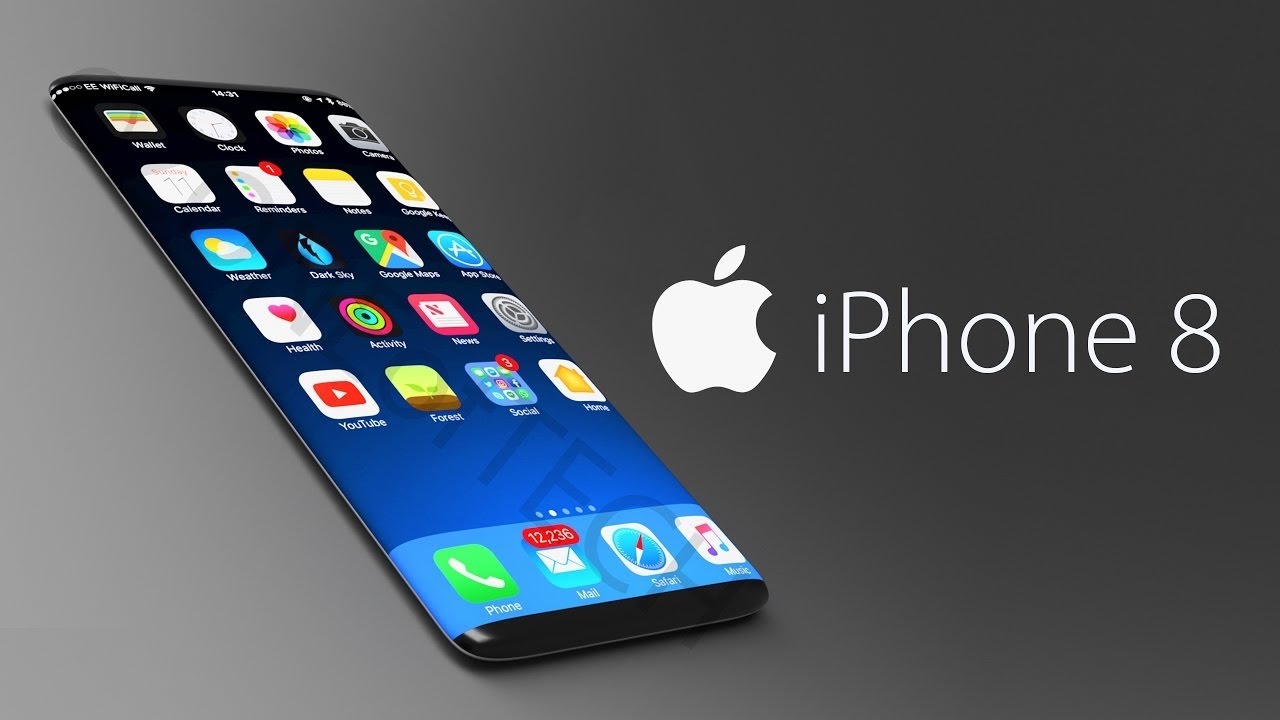LOS ANGELES
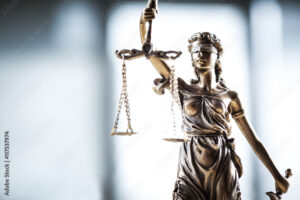 Five Chinese nationals are accused of operating a large-scale, trans-Pacific counterfeit Apple Inc. device scheme, officials stated Friday.
Five Chinese nationals are accused of operating a large-scale, trans-Pacific counterfeit Apple Inc. device scheme, officials stated Friday.
This operation involved the fraudulent return of thousands of iPhones, iPads, and other Apple products, resulting in at least $12.3 million in losses for the Cupertino-based technology company.
 A federal grand jury charged the following defendants in a 22-count indictment that was unsealed Friday:
A federal grand jury charged the following defendants in a 22-count indictment that was unsealed Friday:
- Yang Song, 40, of Corona, the alleged ringleader
- Junwei Jiang, 37, of East Los Angeles
- Zhengxuan Hu, 26, of Alhambra;
- Yushan Lin, 30, of Corona
- Shuyi Xing, 34, of Corona.
All of the defendants are charged with one count of conspiracy to commit wire
fraud and mail fraud, one count of aggravated identity theft, seven counts of wire fraud, 12 counts of mail fraud, and one count of conspiracy to traffic in counterfeit goods.
They were arrested on Thursday.
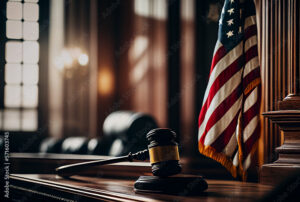 “The defendants are accused of taking advantage of Apple’s customer-service policies to steal more than $12 million in merchandise,” said U.S. Attorney Martin Estrada.
“The defendants are accused of taking advantage of Apple’s customer-service policies to steal more than $12 million in merchandise,” said U.S. Attorney Martin Estrada.
“The defendants allegedly sought to introduce more than 16,000 fraudulent devices into Apple’s product line with the purpose of exchanging them for genuine devices to be sold for profit,” said Special Agent in Charge Tyler Hatcher, IRS Criminal Investigation, Los Angeles Field Office. “CI follows the money, and our expertise helps us safeguard U.S. businesses when faced with fraud. We are committed to our partnerships with fellow law enforcement agencies like Homeland Security Investigations to protect our country’s commerce ecosystem by investigating those who seek to take advantage of businesses’ consumer protection programs.”
 According to the indictment, from at least December 2015 to March 2024, Song and Jiang coordinated with co-conspirators in China to ship counterfeit Apple iPhones, iPads, and other devices to them and other U.S.-based co-conspirators.
According to the indictment, from at least December 2015 to March 2024, Song and Jiang coordinated with co-conspirators in China to ship counterfeit Apple iPhones, iPads, and other devices to them and other U.S.-based co-conspirators.
The counterfeit Apple devices shipped to Song, Jiang, and others in the U.S. were designed to look like genuine Apple devices and included identification numbers matching the numbers on real Apple products that had been sold in North America, were owned by real people, and were under warranty through Apple’s manufacturer warranty and AppleCare+, Apple’s extended warranty program.
The defendants allegedly then fraudulently returned the counterfeit iPhones, iPads, and other devices to Apple as if they were genuine and had been legitimately purchased, were eligible for Apple’s warranty programs, and were the lawful possessors of the Apple devices.
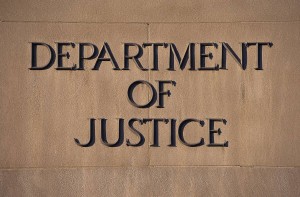 The real identification numbers and serial numbers on the counterfeit devices that the defendants allegedly returned were designed to essentially impersonate the real Apple devices owned by real people throughout the United States, which defrauded Apple’s warranty programs and potentially deprived the Apple devices’ lawful owners of the warranty benefits to which they were entitled.
The real identification numbers and serial numbers on the counterfeit devices that the defendants allegedly returned were designed to essentially impersonate the real Apple devices owned by real people throughout the United States, which defrauded Apple’s warranty programs and potentially deprived the Apple devices’ lawful owners of the warranty benefits to which they were entitled.
The defendants allegedly knowingly and fraudulently represented that the counterfeit Apple devices they returned were genuine but were broken or non-operational and were covered by the company’s warranty programs.
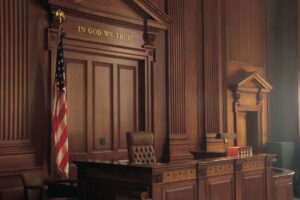 Some of the false reasons given to Apple Store employees were because the devices purportedly would not power on, were physically damaged, or had other defects.
Some of the false reasons given to Apple Store employees were because the devices purportedly would not power on, were physically damaged, or had other defects.
However, the defendants allegedly knew that the Apple devices they were returning were counterfeit.
They fraudulently used the identification numbers and serial numbers of real people’s Apple devices to victimize both Apple and the device owners.
As part of the scheme, the defendants allegedly visited multiple Apple stores throughout Southern California, including those in Beverly Hills, Sherman Oaks, Pasadena, Irvine, Northridge, Manhattan Beach, Brea, Rancho Cucamonga, and Cerritos, as well as shopping malls such as The Grove in Los Angeles, South Coast Plaza in Costa Mesa, Fashion Island in Newport Beach, and The Americana at Brand in Glendale.
 In many cases, they would drive all over Southern California daily and visit as many as ten different Apple stores, where they would allegedly return counterfeit devices.
In many cases, they would drive all over Southern California daily and visit as many as ten different Apple stores, where they would allegedly return counterfeit devices.
Once at the Apple stores, Apple employees then either replaced or repaired the counterfeit Apple device with a genuine Apple device on the same visit or, on other occasions, took the defendants’ counterfeit devices and shipped them to a repair center.
Apple then shipped the defendants a genuine replacement or repaired Apple device to either an Apple store, where the defendants returned to pick up the new device, or to the dozens of mailboxes that the defendants allegedly rented across Southern California.
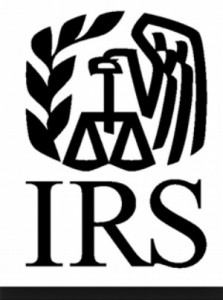 As part of the scheme, the defendants allegedly took multiple steps to disguise their identities and hide their fraud over the years.
As part of the scheme, the defendants allegedly took multiple steps to disguise their identities and hide their fraud over the years.
For example, they allegedly rented dozens of mailboxes at UPS stores across Southern California for use in the scheme, including receiving counterfeit devices from China and genuine replacement devices from Apple.
They allegedly also misspelled the mailing addresses they provided to Apple and added or removed extra characters to disguise the fact that they were processing numerous fraudulent returns of Apple devices.
Other times, they allegedly used aliases to make appointments at Apple stores to process their fraudulent device returns.
After successfully returning the counterfeit Apple devices for genuine ones, the defendants allegedly shipped the genuine devices to co-conspirators both in the United States and abroad, primarily in China, where the genuine Apple devices were resold at a substantial profit.
In total, the defendants fraudulently returned and attempted to return more than 16,000 counterfeit Apple devices, causing Apple at least $12.3 million in losses. Defendants are presumed innocent unless proven guilty.
If convicted, the defendants would face a statutory maximum sentence of 20 years’ imprisonment on each of the conspiracy to commit mail and wire fraud, wire fraud, and mail fraud charges, a statutory mandatory minimum sentence of two years’ imprisonment for the aggravated identity theft charge, and a statutory maximum sentence of 10 years’ imprisonment on the conspiracy to traffic counterfeit goods charge.
Homeland Security Investigations and IRS Criminal Investigation are investigating this matter.
Assistant United States Attorney Andrew M. Roach of the Cyber and Intellectual Property Crimes Section is prosecuting this case.

